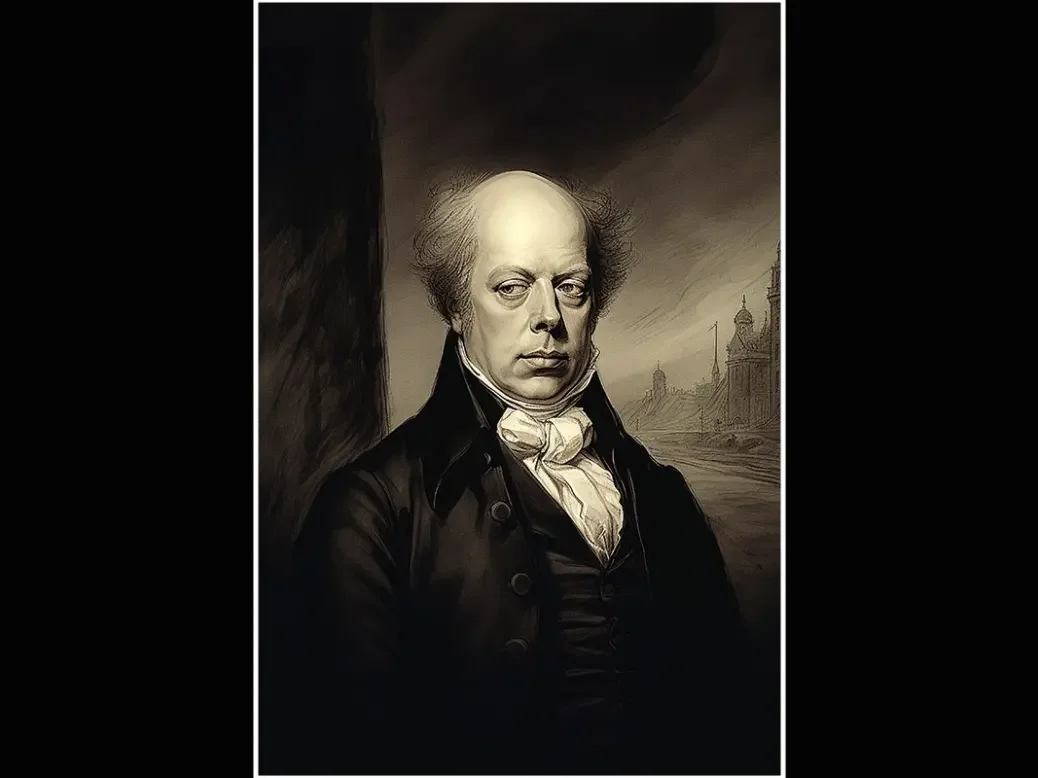
If the two things that you know about me are that: 1) I have written a book about Rothschild banking family conspiracy theories and 2) my own last name is Rothschild, you might imagine the topic has been a lifelong obsession. It’s not the case, however. When I was growing up, I knew I wasn’t related to ‘The Rothschild Family’. And nobody else assumed I was either. It was only once I got into journalism and started debunking conspiracy theories – some of which revolved around those Rothschilds – that the link started to be drawn, mostly by a certain kind of person on the internet: ‘A Rothschild debunking conspiracy theories? How stupid do they think we are?’
[From the magazine: A rising tide: how Vanguard is making its presence felt in the UK]
So I decided to dig a little deeper, and to explore why antisemitic conspiracy theories continue to drive their own special genre of myth and prejudice. My recent book, Jewish Space Lasers: the Rothschilds and 200 Years of Conspiracy Theories, is the result.
As I say, I already had some experience in the field. My previous book, The Storm Is upon Us, was about the QAnon conspiracy theory, which essentially held that ‘a group of Satan-worshiping elites who run a child sex ring are trying to control our politics and media’. Such theories depend on ideas about shadowy organisations and secret societies running things behind the scenes. These groups have had many names throughout history – from the Illuminati to the New World Order to today’s ‘deep state’ – but they all have a few things in common. Many are at least based on real organisations, such as the Bavarian Illuminati of 1776. They are said to have unimaginable power and hoard endless wealth. But, above all, the key concept is this: someone must be controlling the controllers. And that someone, as often as not, is a Jewish banking cabal – specifically the Rothschilds.
The rise and fall of the Rothschilds
Like all durable conspiracy theories, there are grains of truth in the slop of lies about the Rothschilds. The legendary bankers once really did have the ear of royalty, the ability to lend vast sums on a whim, and control over mining, manufacturing, textiles, transportation, and agriculture. Coming from the Frankfurt Jewish ghetto, the Rothschilds redefined what it was to be wealthy and powerful. If Rothschilds decided to broker peace between nations, defuse blood libel panics against other Jewish communities, or make a vast purchase of land or resources, it often happened. They were, as pamphlets of the time put it, the ‘Kings of Jews and the Jews of Kings’.
[From the magazine: The most important super-prime property company you’ve never heard of]
But it wouldn’t last for ever; times changed and the balance of power in the banking industry shifted. The Rothschilds might have funded the war against Napoleon, but a century later it was JP Morgan that organised the $500 million loan to the Allies in the early days of the First World War. By then, the image of the family as prophets and powerbrokers had curdled. The conspiracy theories were starting to emerge and the family’s power and wealth decreased. America, in particular, had little Rothschild presence but an outsized appetite for myths about them.
The Rothschilds are still wealthy today, of course, but have been actively ‘downsizing’ since at least the 1970s, when the family gave away many of their most well-known properties, including the Château de Ferrières near Paris. More recently, the Austrian branch of heirs sold off vast tracts of the massive forest parcel their ancestors had bought in 1875. And last October the French section of the clan auctioned off some of the family’s art collection, with sales at Christie’s New York totalling $62.6 million.
Wouldn’t the myths be more convincing if the family’s wealth and power hadn’t declined as obviously as it has? Well, the Rothschilds have at least begun to be replaced or substituted by another target in recent years: George Soros. But they still get plenty of the wrong kind of attention, which has been reinforced every so often by nonsensical antisemitic tropes about Jews controlling the world, such as the 1920s-era translation of The Protocols of the Elders of Zion.
[See also: Review: The Price Is Wrong is another work of whistling ambition from Brett Christophers]
A more recent phenomenon has been the grifters who have taken on fake personas as Rothschild heirs. And the theories can be found powering the West’s current lurch into antisemitism – the Rothschilds and Soros have been accused of nefariously funding everything from Covid-19 to the Black Lives Matter movement.
One of the saddest things I learned writing Jewish Space Lasers is that all this mythmaking and scapegoating obscures a real legacy – one of philanthropy toward Jewish causes, outsized success in global banking and finance at a time when most doors remained closed to Jews, serving as a beacon of aspiration for Jews around the world, and a fingerprint on almost all the major events of Europe in the 19th century. It’s not my family history. But it’s a family history to be proud of, nonetheless.
Jewish Space Lasers by Mike Rothschild is out now, published by Melville House
This feature is published in Spear’s Magazine Issue 90. Click here to subscribe







